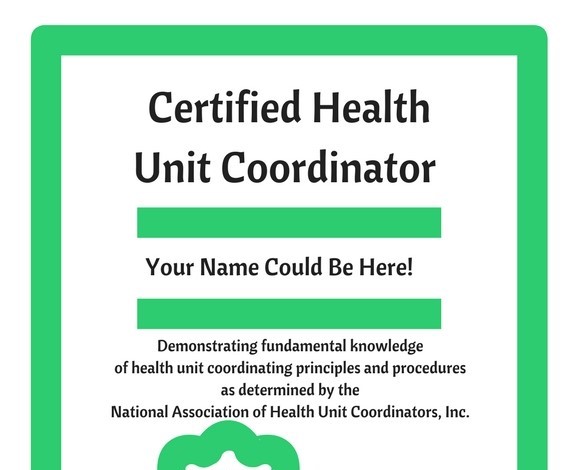Should Healthcare Providers Give Law Enforcement Protected Health Information When Informally Requested? Congress Says No.
Healthcare Law Insights blog
DECEMBER 27, 2023
For years, law enforcement has bypassed traditional means of securing evidence by informal requests for documents from witnesses of crimes. At some point, that practice bled over into informal requests for healthcare providers’ documents, including documents reflecting protected health information (PHI). Healthcare providers, for the most part, have complied with these informal requests because, as the logic goes, law enforcement couldn’t possibly prosecute me for complying with law enforcement,











Let's personalize your content